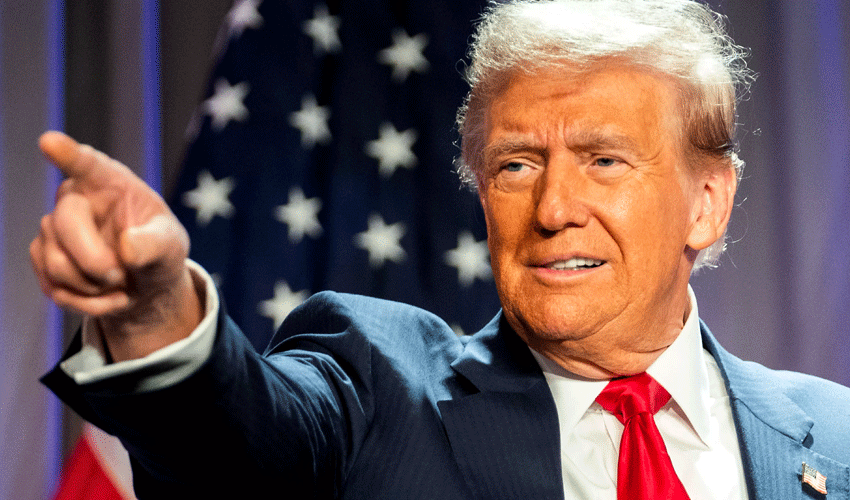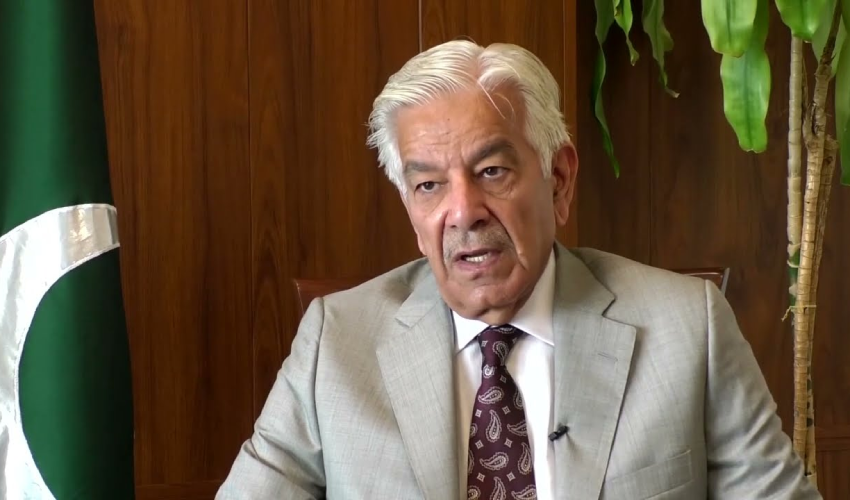A divided US appeals court has ruled that most of Donald Trump’s tariffs are unlawful, dealing a major blow to one of the central pillars of his trade and foreign policy. The 7-4 decision by the U.S. Court of Appeals for the Federal Circuit said Trump exceeded his authority by using the International Emergency Economic Powers Act (IEEPA) to justify tariffs on imports.
The judges explained that while the IEEPA gives presidents broad powers during national emergencies, it does not specifically allow them to impose tariffs or taxes. The ruling applies to Trump’s “reciprocal tariffs” introduced in April and additional duties placed in February against China, Canada, and Mexico. However, tariffs introduced under other laws, such as those on steel and aluminum, remain unaffected.
Also Read: Us Denies Abbas Participation at Un General Assembly in New York
Trump reacted strongly to the decision, calling it partisan. On Truth Social, he said removing the tariffs would be a “total disaster” for the United States but expressed confidence that the Supreme Court would overturn the ruling. He argued that his national emergency declaration was justified by issues such as trade deficits, the decline of U.S. manufacturing, and the flow of fentanyl across borders.
The ruling has created uncertainty in financial markets, which are already sensitive to trade disputes. Analysts believe the administration may look for other legal grounds to keep tariffs in place. “The last thing corporate America needs is more trade uncertainty,” said Art Hogan, chief market strategist at B. Riley Wealth.
The case is expected to head to the Supreme Court, where the conservative majority could ultimately decide how much power a president has over trade. For now, the court has allowed the tariffs to remain in place until October 14, giving Trump’s legal team time to appeal.
With several lawsuits still ongoing, the outcome could reshape presidential authority on trade and redefine U.S. economic policy for years to come.





